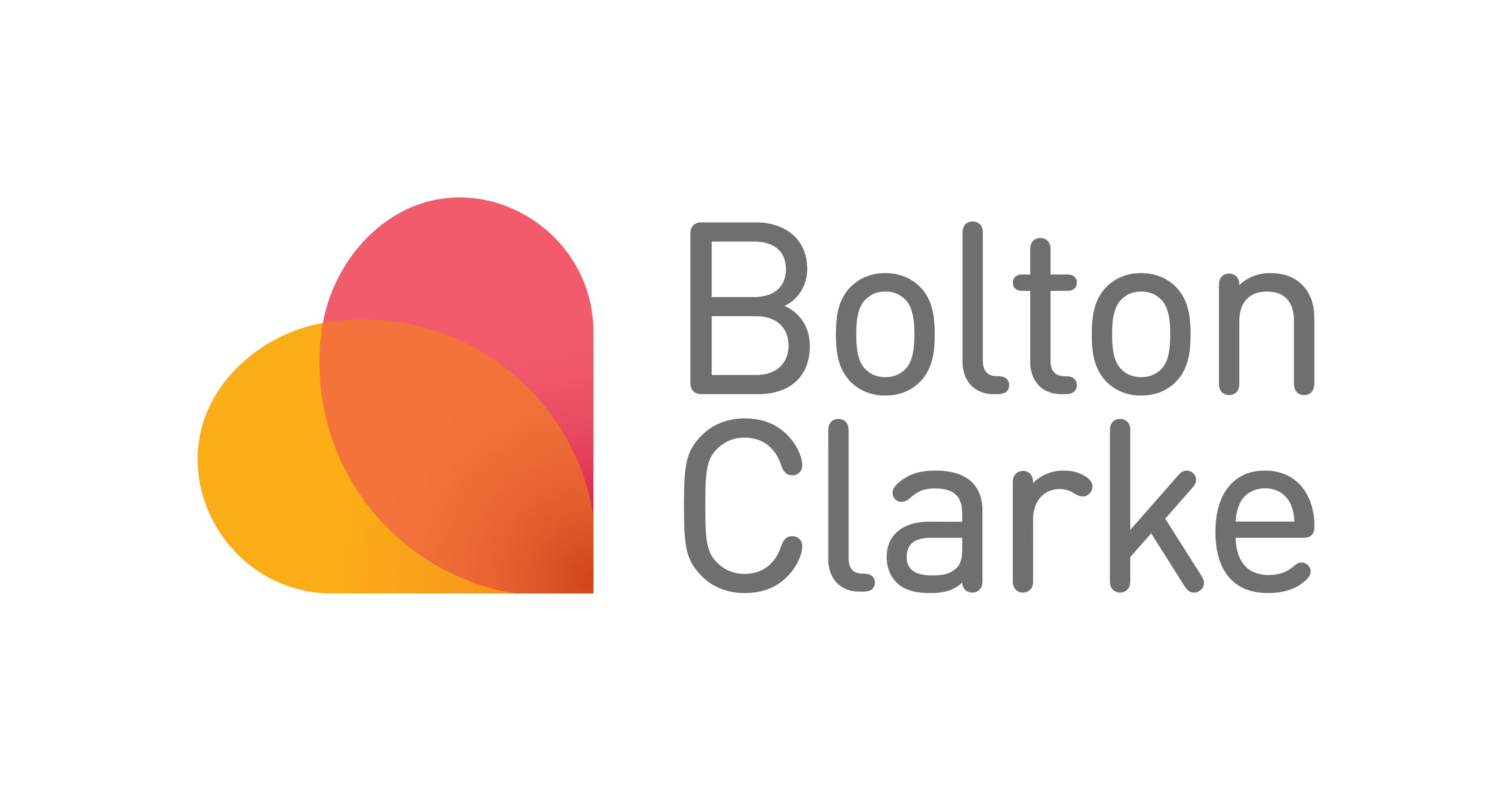Blink vs. Unily: Which employee experience platform is right for you?
Blink delivers faster deployment, higher adoption, and a mobile experience your entire workforce will actually use — from frontline teams to office-based employees. Unily delivers a polished intranet experience, but its complexity, long rollouts, and clunky mobile app mean employees often struggle to use it. Blink is the simple, mobile-first alternative that everyone adopts.




No email, no problem
With Blink, every employee can be connected from day one — no corporate email required. Native authentication is included out of the box at no additional cost, giving your team SSO access to the apps and tools they regularly use once securely in Blink. That means you avoid expensive identity license fees while ensuring 100% of your workforce has access. Unily, by contrast, requires email or external identity management, which drives up IT costs and leaves frontline employees harder to reach.
Simplicity and usability for everyone
Blink is built for simplicity. Whether you’re publishing content, updating branding, or creating new pages, it’s intuitive and requires no training. With Blink, everything can be managed quickly from the front end — no complicated CMS or backend navigation needed. Unily relies on a CMS-style backend where content creation, layouts, and design require extensive training. The result: Blink makes everyday communication easier, faster, and more user-friendly for both comms teams and employees.


Integrations that drive real action
Blink is the only Workday Platinum Partner in the employee experience space, offering the deepest, most actionable integrations available. Employees don’t just view Workday data — they can book PTO, view payslips, and update details directly from Blink. Beyond Workday, Blink connects with ServiceNow, Microsoft 365, payroll, and scheduling systems, creating real stickiness with your IT investments. Unily integrations are often static, meaning employees can see tasks but can’t complete them, limiting overall value.
Real-time chat & two-way communication
Blink goes beyond one-way communication to create endless opportunities for engagement. With built-in chat, voice notes, video, and stories, employees can engage in the ways that feel most natural to them — from quick reactions to rich conversations. This flexibility makes communication two-way and dynamic. Unily focuses on static intranet features like document libraries and long-form publishing, which makes communication slower and less interactive.


Blink's wins explained
No email, no problem
Native authentication without costly identity licenses — 100% workforce access out of the box.
Simplicity built in
Easier branding, page creation, and publishing — no backend complexity or IT dependency.
Actionable integrations
The only Workday Platinum Partner in EXP, plus ServiceNow, Microsoft 365, payroll, and scheduling.
Built-in chat & engagement
Real-time chat, voice notes, video, and stories keep communication dynamic and two-way.
Continuous innovation
Blink evolves quickly, with a customer-driven roadmap and frequent feature releases, ensuring organizations always have an adaptable, modern, and future-proof solution.
Modern social experience
Intuitive UX that feels like today’s social platforms, driving user-generated content and organic engagement.
FAQs: Blink vs Unily
Why do organizations switch from Unily to Blink?
Organizations switch from Unily to Blink because Blink is modern, simple, and mobile-first — fast to deploy, easy for comms teams to manage, and designed for the entire workforce, not just office-based employees. Unily functions like a legacy intranet — complex, slow to deploy, and difficult for employees to adopt. Companies find that Unily’s complexity and long rollouts create barriers to adoption, while Blink drives engagement from day one.
How is Blink better for mobile adoption than Unily?
Blink was built mobile-first, achieving 90–98% adoption across enterprises with desk-based and frontline employees. Employees use it multiple times a day to access tools and updates. Unily’s intranet-centric design makes its mobile app heavier and less intuitive, limiting employee engagement.
Does Blink support employees who don't have corporate email addresses?
Yes. Blink includes native authentication with secure one-time passcodes, so employees without email can still log in. This ensures 100% of the workforce is connected — something Unily requires extra steps or external providers to achieve.
Trusted by the world's leading brands





.svg)

.svg)

















